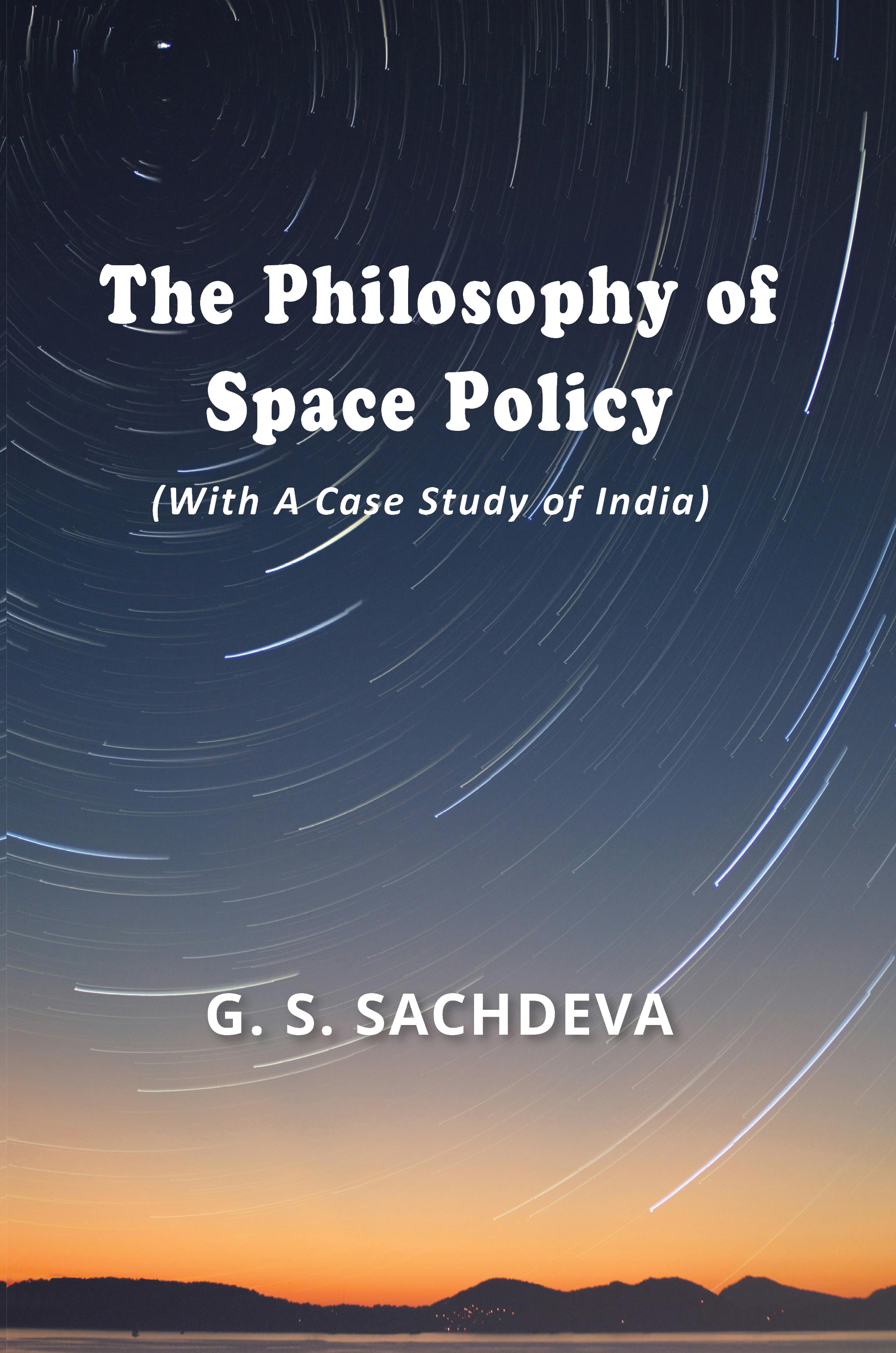Subjects
Recent View(s)
The Philosophy of Space Policy (With A Case Study of India)
G. S. Sachdeva
Space activities by governmental agencies require considerable state funding, bear long gestation periods with uncertainty in results. Hence, a directional policy defining long-term goals, embodying national aspirations, and envisaging techno-possibilities for manufacturing and operations is necessary. The policy can enable clarity for internal constituency and international posturing. This book offers hints for policy-making and other options. Its first two sections are pedagogic in content and advisory in approach. First section discusses philosophical perspectives, namely, theoretical, theological, ethical and audit-orial. The second section offers options and initiatives as alternatives or adjuncts to space policy.
The second part of the book is a case study of India. It narrates a brief history of national space activities and the journey of Indian Space Research Organisation (ISRO), besides providing a futuristic vision for India and its global stance. In just over half a century, India has achieved acclaimed successes, reached many milestones and established some firsts in space missions. It has, indeed, been a spectacular journey tractioned by ISRO.
India never adopted a cogent, comprehensive and futuristic roadmap or policy except for brief mentions in annual budget reports till the announcement of Indian Space Policy, 2023. This primarily is directive and seeks to promote private sector and start-ups in space industry. The last part of the book is an analytical description and critique of this policy with a view to offer improvements. The book will be useful for policy-makers, industry leaders, agency officials, law scholars and space enthusiasts. New and existing space-faring states will find good guidance for governance and policy formulation.


 Political Science
Political Science
